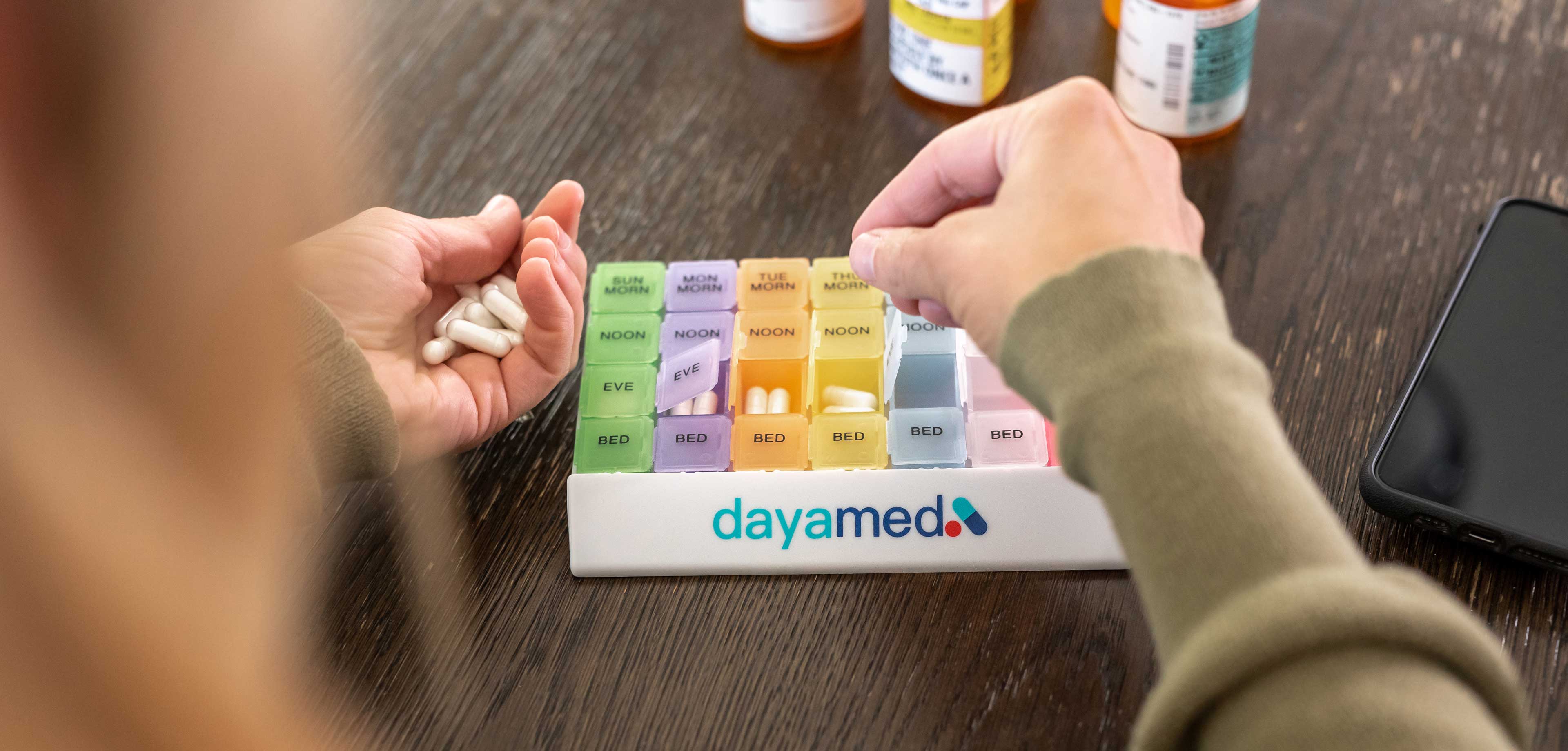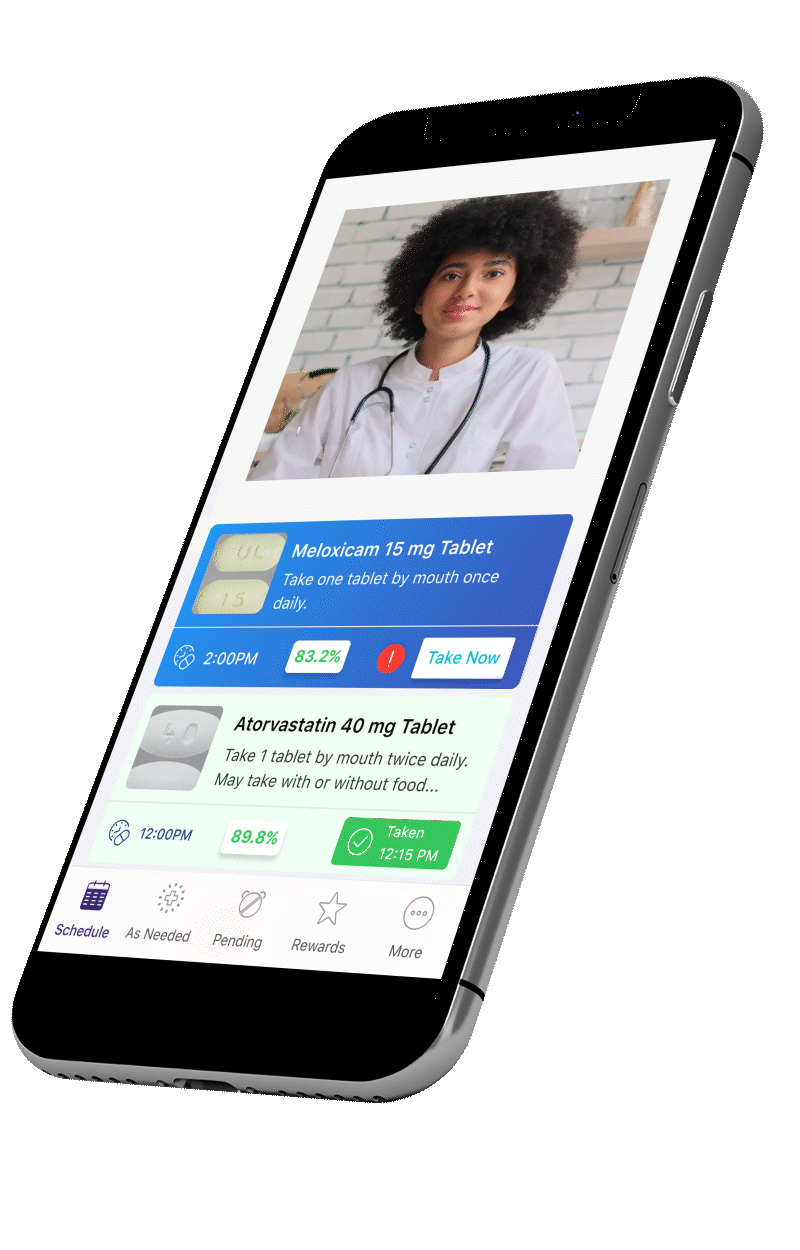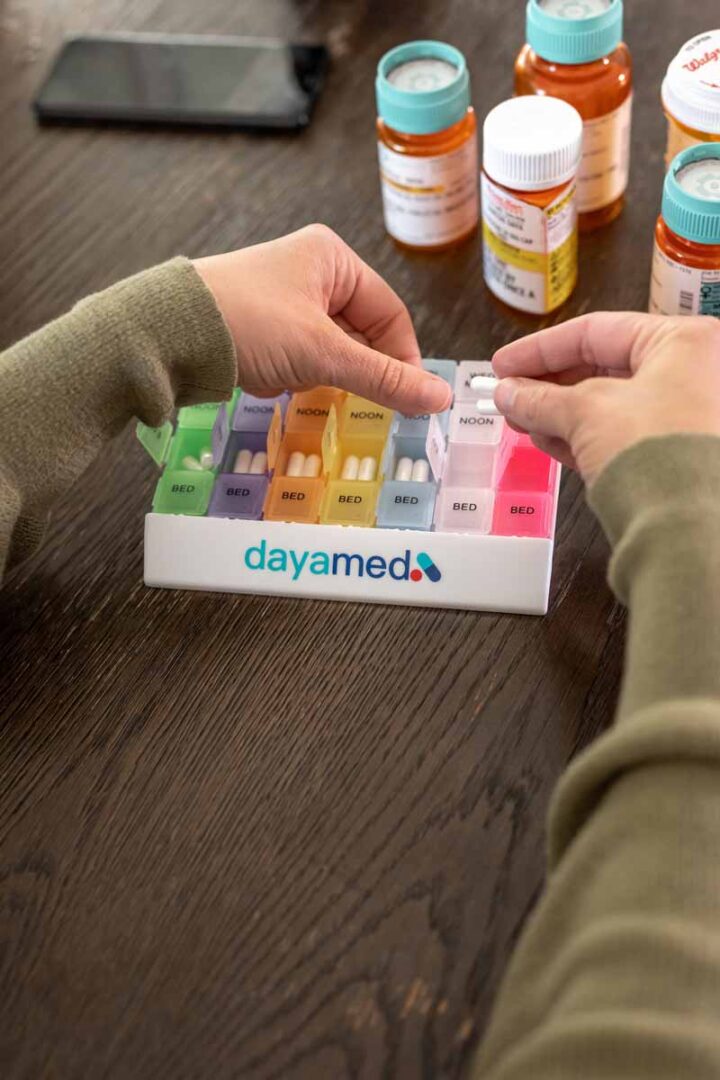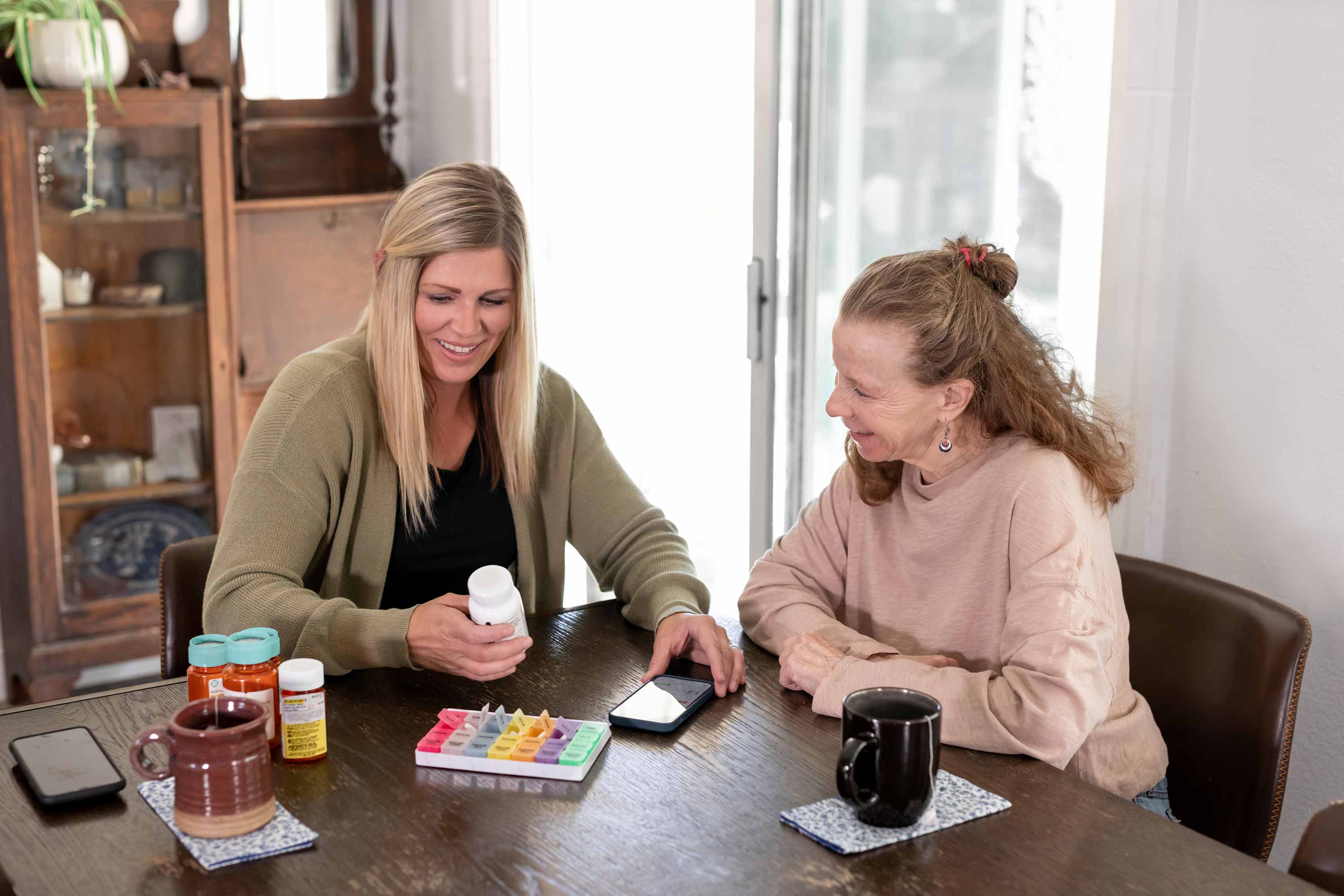
Call: 775-208-8033
Your healthcare team, wherever you are.
Personalized medication management
at your fingertips
Our clinicians are with you every step of the way—because your health is our passion.

Learn how DayaMed works
Click play for a one minute explanation of the benefits and features of the DayaMed app!
Your Clinical Care Team, Anytime, Anywhere
Take control of your health with our simple, user-friendly app. Manage prescriptions, monitor conditions, and access 24/7 support. Access to no-cost medical devices, timely clinical responses, and powerful tools to help you understand and improve your well-being.









The DayaMed Difference
Managing medications and health devices should be simple. DayaMed delivers smart, connected tools that make it easy to stay on track with your treatment. We work directly with you to ensure continuous, coordinated support, every step of the way.
Share Your Goals. Stay Connected.
Better health starts with collaboration. DayaMed partners directly with you to close care gaps, whether with your clinician, pharmacist, or caregiver, so nothing falls through the cracks. By connecting your entire care team, including loved ones and specialists, we help ensure timely interventions and continuous support. Through shared goals, medication management, and real-time device monitoring, DayaMed keeps your care connected wherever you are.


The most common reasons for missing medications:
We send notification reminders and help you track your progress, and our clinical team will check in if you are missing doses.
Our clinicians can advise on ways to reduce side effects or recommend alternative medications.
Our licensed Clinical Team is committed to meeting your healthcare needs where you need us, when you need us.
An Easy-to-Use App, Backed by Real Clinicians
DayaMed brings your care team closer than ever through an intuitive app and connected medical devices. Easily manage all your medications, track your health, and stay engaged in your care—anytime, anywhere. It’s like having your healthcare provider in your pocket.






